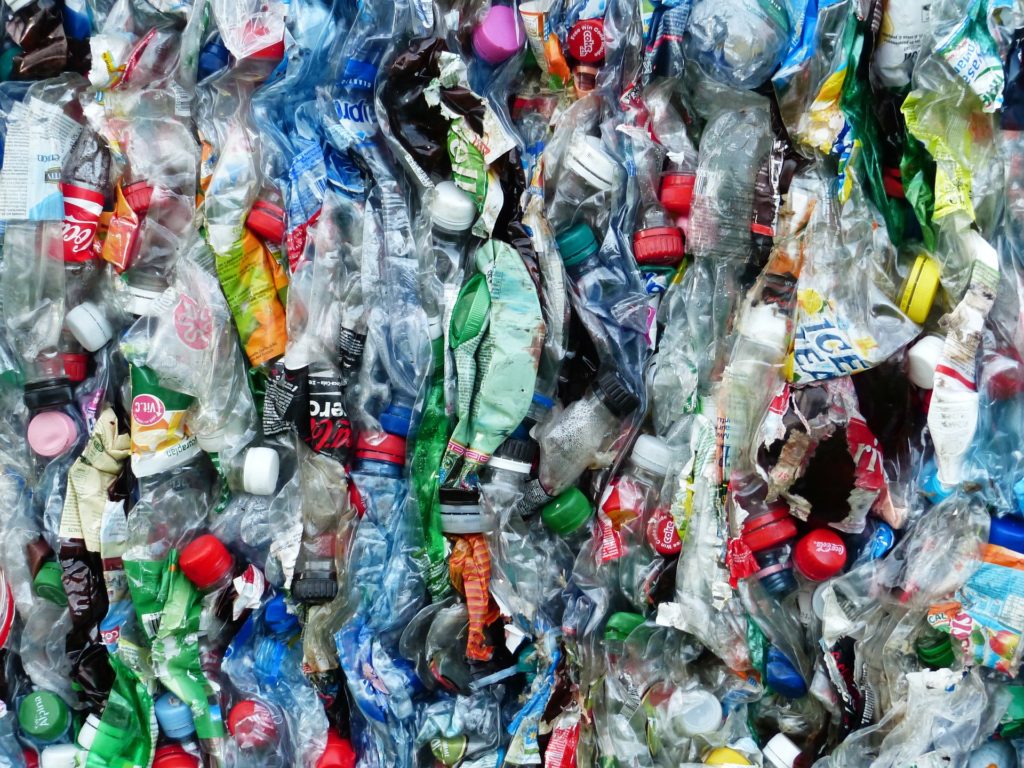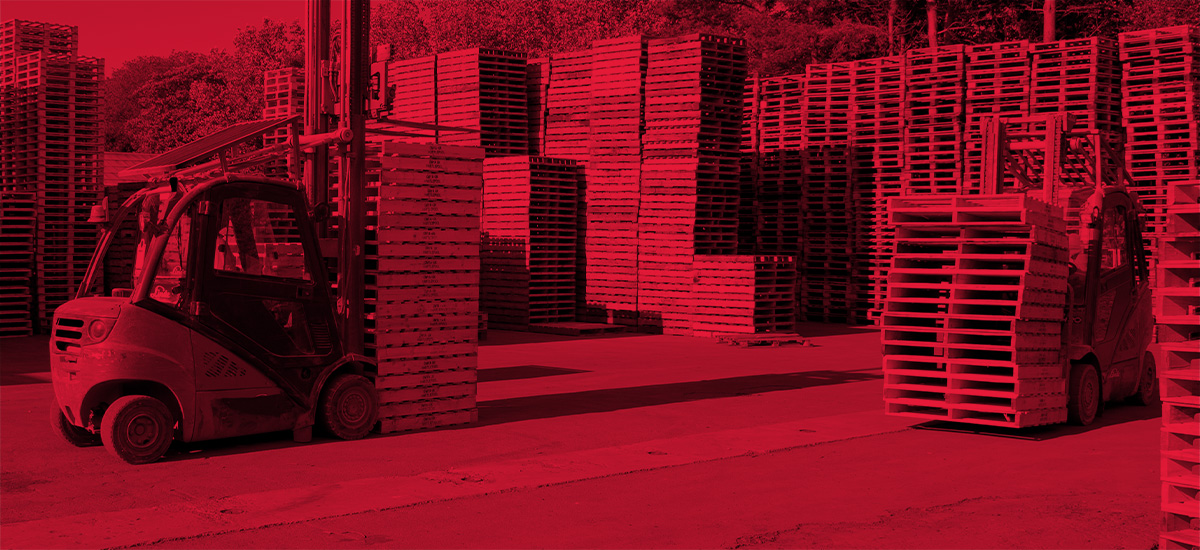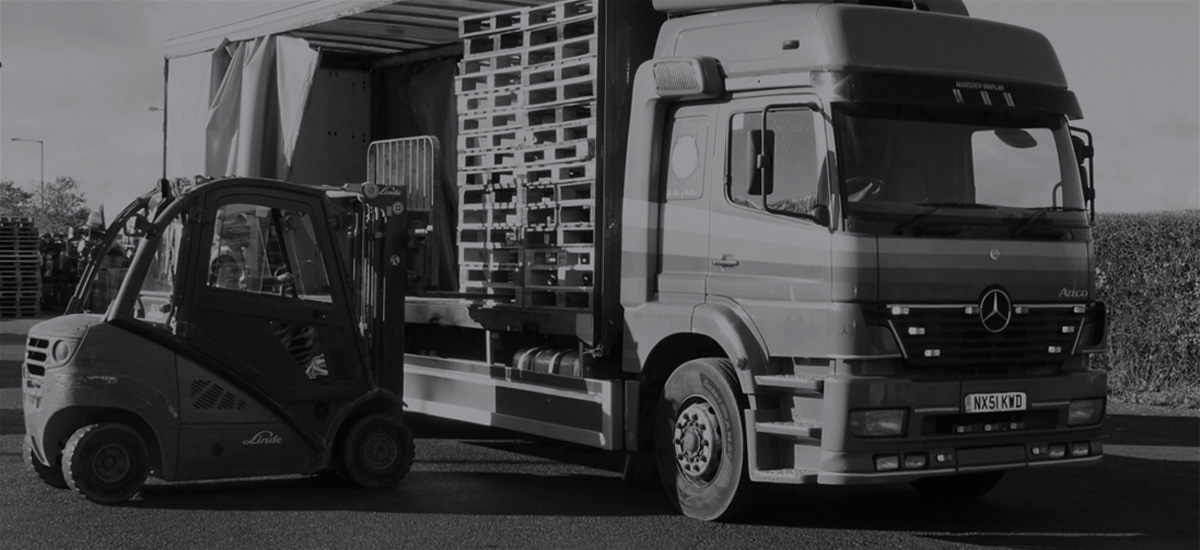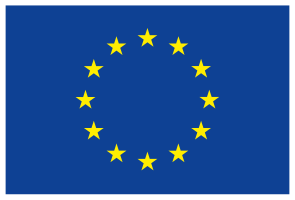Interesting news from Scotland, where, in May, the Government approved proposals and passed legislation to enable the introduction of a deposit return scheme (DRS) from 2022.
The UK Government is still consulting over when a similar scheme will be introduced here, with the intention to start the scheme no later than 2023.
At RPS, we’re big fans of reusing and recycling, and so we’d be keen to see the scheme rolled out across the UK.
How does it work?
The DRS works on the principle that a 20p deposit is paid by the consumer every time they purchase a drink from a retailer. The consumer then reclaims the deposit by returning the empty drinks bottle, where the bottle will be collected and sent for recycling.
Whilst these new regulations are currently limited to Scotland, if you place or sell drinks onto the Scottish market, regardless of where your business is based, then you could be legally obligated to comply and participate in the scheme.

Advantages
In the UK, 7.7 billion plastic water bottles are used each year, with the average person using 150 plastic water bottles every year – that’s more than three a week. And many of these are thrown into general rubbish, not recycled.
The clear advantage of a DRS is to offer an incentive to the consumer - in 2016, only 57 per cent of plastic bottles sold in the UK were collected for recycling.
If more people recycled their plastic, it would reduce the amount of waste sent to landfill and pollution, and it would also save England’s councils £35 million a year by reducing recycling bin collections and landfill charges.
Making it easy – and economic – for consumers to recycle their plastic waste would have a remarkable impact on the environment.
Disadvantages
The Government first mooted the idea of a DRS in 2017, and consultation is still ongoing.
In 2019, the Institute of Economic Affairs called for the proposals to be scrapped, arguing that the costs would be too high for very little return.
The report stated that the running costs of the DRS was been predicted to cost around £1bn to set up and £814m per year thereafter to collect recyclables worth just £37m.
The future
The Government has already announced plans for a new tax on all plastic that does not include at least 30 per cent recycled materials, to encourage businesses to be more responsible. Is there more that can be done to encourage improved recycling rates in the first place?
What do you think? Tweet us your thoughts at @RPS_Limited.







